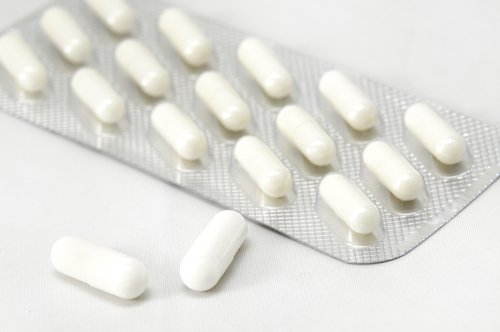First Participant Enrolled in Phase 1 Clinical Trial of KL1333 for Mitochondria Diseases

Korean researchers have enrolled the first participant in a Phase 1 clinical trial of KL1333 as a treatment for genetic mitochondrial diseases such as MELAS and Kearns-Sayre syndrome.
The healthy participant will be part of a study evaluating the therapy’s safety, tolerability, stability and the way it distributes itself in the body. KL1333 moved into the clinical trial stage after an agreement in May between NeuroVive Pharmaceutical, which developed KL1333, and Yungjin Pharm. NeuroVive is based in Lund, Sweden, and Yungjin Pharm in Seoul.
“This is a valuable milestone in our goal to offer patients with genetic mitochondrial disease a new treatment option,” Erik Kinnman, CEO of NeuroVive, said in a press release. “Furthermore, it is an important starting point in our collaboration with Yungjin Pharm.”
Mitochondria are cell components involved in energy production. Faulty mitochondria can lead to diseases that lower this production.
Preclinical-trial studies have shown that KL1333 can alleviate mitochondrial disease. To start with, its ability to regulate levels of NAD+, a key element in metabolism, leads to an increase in energy production, researchers said. The drug also reduces levels of lactate, a common sign of energy metabolism imbalance.
In addition, KL1333 promotes metabolism by bypassing many steps in the energy-production chain that are dysfunctional in mitochondrial disorders.
The bottom line is that KL1333 has the potential to overcome several hallmarks of mitochondrial disorders for which there are no current treatment options, researchers said.
The 60 healthy volunteers in the placebo-controlled Phase 1 trial (NCT03056209) will receive either 25-mg or 50-mg tablets of KL1333, or a placebo. The research team will be looking for any adverse events associated with the treatment, how stable the drug is in the body, and the way its distributes itself in the body.
Yungjin Pharm will conduct the study. “We visited the clinical site just a couple a weeks ago and were very impressed by their extensive experience and professionalism in handling early clinical phase studies,” said Magnus Hansson, NeuroVive’s chief medical officer.
The study’s lead investigator will be Dr. Kyung-Sang Yu, a professor in the Department of Clinical Pharmacology and Therapeutics at Seoul National University College of Medicine.
“We are excited about the collaboration with NeuroVive, and the initiation of this clinical program is a significant step forward in the development of innovative medicines in this area with great medical needs,” said Su Jun Park, the CEO of Yungjin Pharm.
NeuroVive, which holds exclusive global rights outside Korea and Japan to develop and commercialize KL1333, is planning a Phase 1 study in Europe or the United States in the beginning of 2018.






